
Progressive & Religious
“Taking aim” at both the Religious Right and the New Atheists, a new book aims to make progressive politics safe for the religious, and religion safe for progressive politics.
Read More
“Taking aim” at both the Religious Right and the New Atheists, a new book aims to make progressive politics safe for the religious, and religion safe for progressive politics.
Read More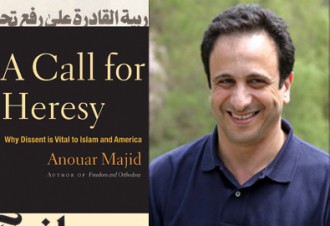
Anouar Majid invites us to consider for the possibility of real communication—unscripted, improvisational, unorthodox—among Muslims and non-Muslims in America.
Read More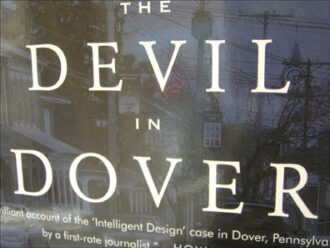
Laurie Lebo traces the backstory of the pivotal case: a perfect storm of religious intolerance.
Read More
Religious rebellion against the secular state isn’t actually about religion…
Read MorePierrette Sotelo on the role of progressive religious activists in the immigration debate…
Read MoreWhen it comes to subtle racism and able-ism in church communities, “even very well-meaning dominant groups are oblivious to their own power.”
Read MoreCommunist leaders in the Soviet Union tried to bolster their legitimacy through an appeal to atheism, but God was not on their side.
Read More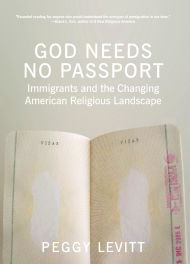
Religion plays a central role in making transnational lives possible, something migration scholarship has not really explored.
Read More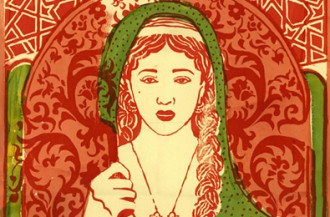
Asked about other titles she’d considered, Ali replied, “I would have accepted any title that didn’t have ‘veil’ in it.”
Read More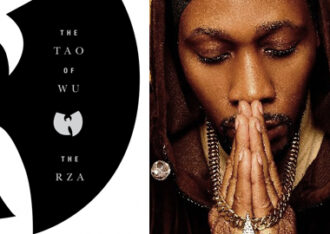
A new book by an iconic rapper, the Wu Tang Clan’s RZA, told in the voice of a street sage, tells the story of his ascent from the mean streets of Brooklyn to the pinnacle of success, and shows him to be the quintessential postmodern American spiritual seeker.
Read More